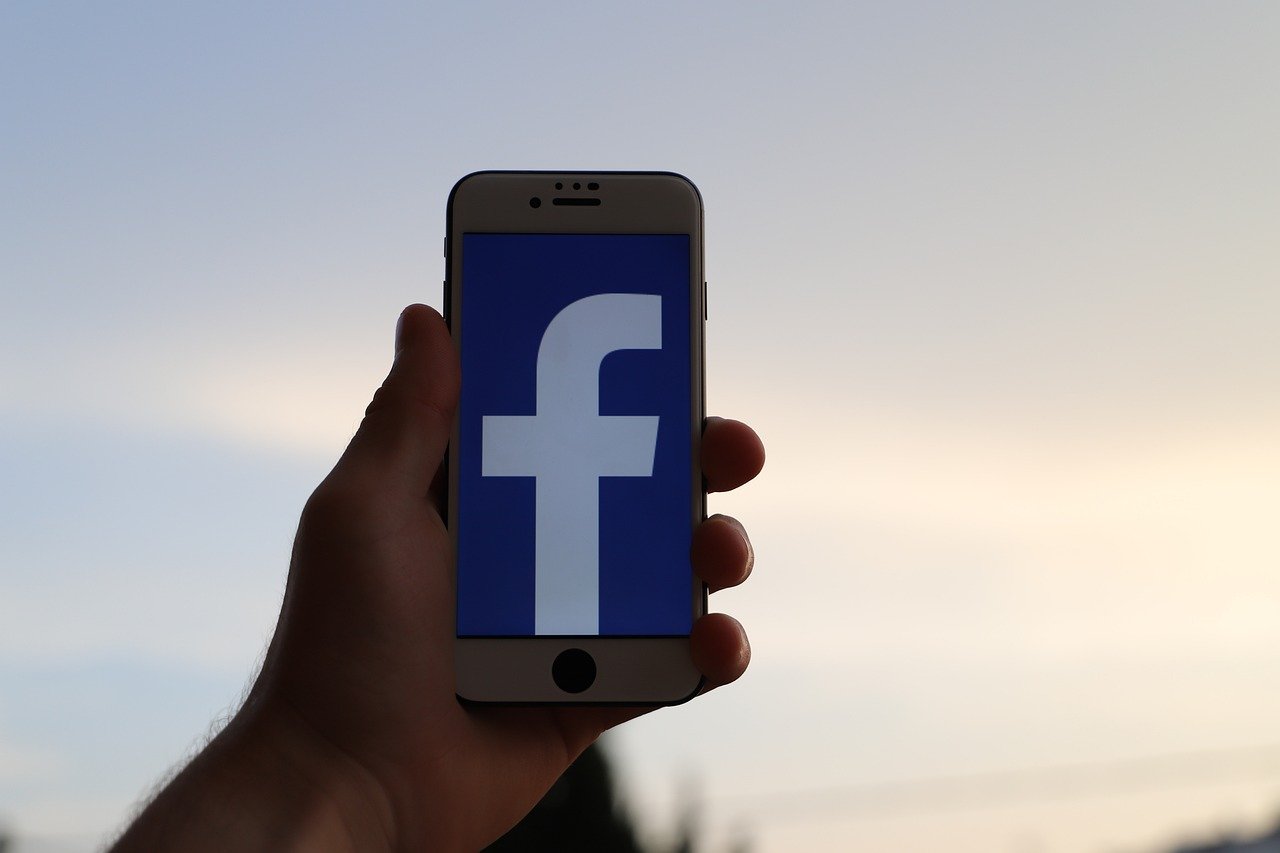Papua New Guinea has recently blocked access to Facebook in what officials are calling a “test” to combat hate speech, misinformation, and pornography. This abrupt decision, implemented on Monday, has sparked significant backlash from opposition members and human rights advocates, who view it as a violation of free speech.
Police Minister Peter Tsiamalili Jr defended the ban, asserting that the government aims to protect citizens from harmful online content rather than suppressing free speech. Facebook is a widely used platform in the country, boasting around 1.3 million users, many of whom include small businesses that rely on the site for sales and customer interaction.
The shutdown of Facebook is particularly concerning given the platform’s role in fostering public discussion, especially as press freedom in Papua New Guinea continues to decline. Neville Choi, president of the media council, described the action as a move towards political autocracy and an infringement on human rights. Alarmingly, Choi noted that several government agencies responsible for communication were unaware of the ban, contradicting police claims of collaboration on the initiative.
Opposition MP Allan Bird expressed his concerns on Facebook, stating that the country is entering a “dangerous territory” of tyranny. The ban follows the enactment of recent counter-terrorism laws that empower the government to monitor and restrict online communications, which Bird labeled as an attack on freedom.
Despite the restrictions, many people have found ways to access Facebook through virtual private networks (VPNs). John Pora, chair of the Small and Medium Enterprises Corporation, has voiced worry for the thousands of retailers who depend on Facebook for their livelihoods, emphasizing that the uncertainty created by the ban could negatively impact those in the informal sector.
Papua New Guinea has previously taken steps against Facebook, including a month-long ban in 2018 aimed at eliminating fake profiles. The government also proposed the idea of creating a state-run alternative platform. In 2023, the country launched a parliamentary inquiry focused on “fake news, bad news reporting, and social media platforms.”


















